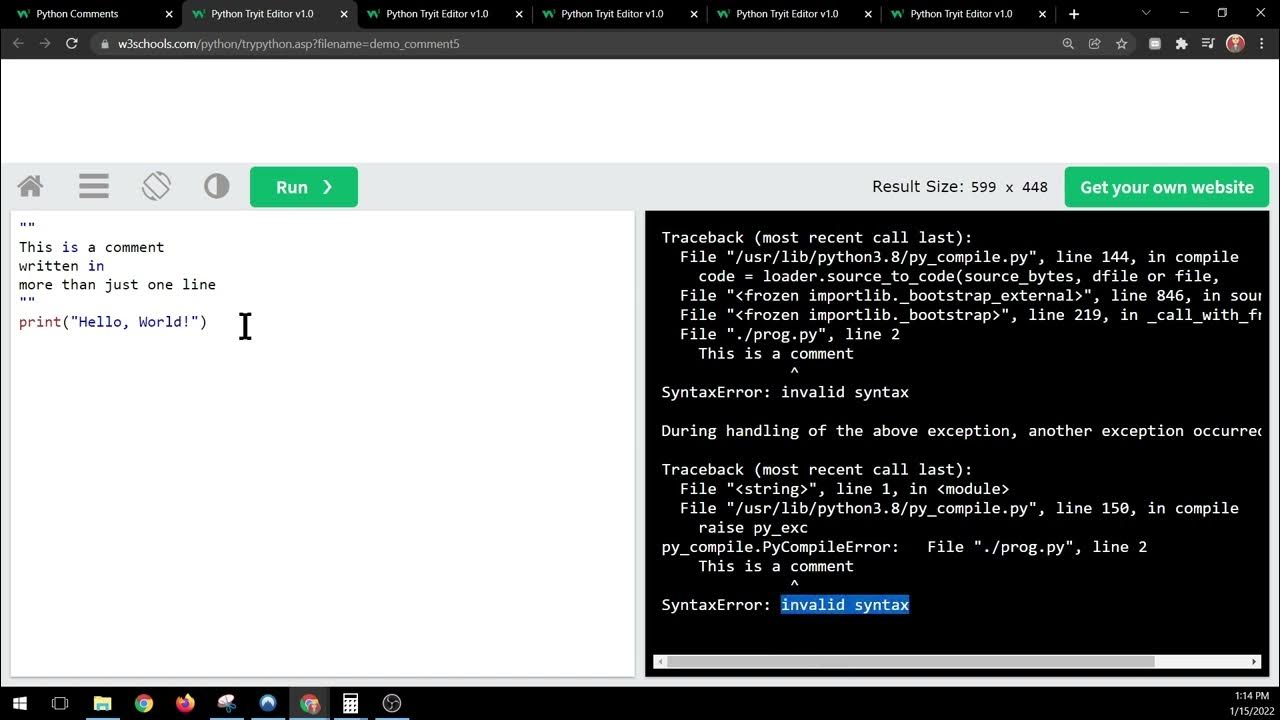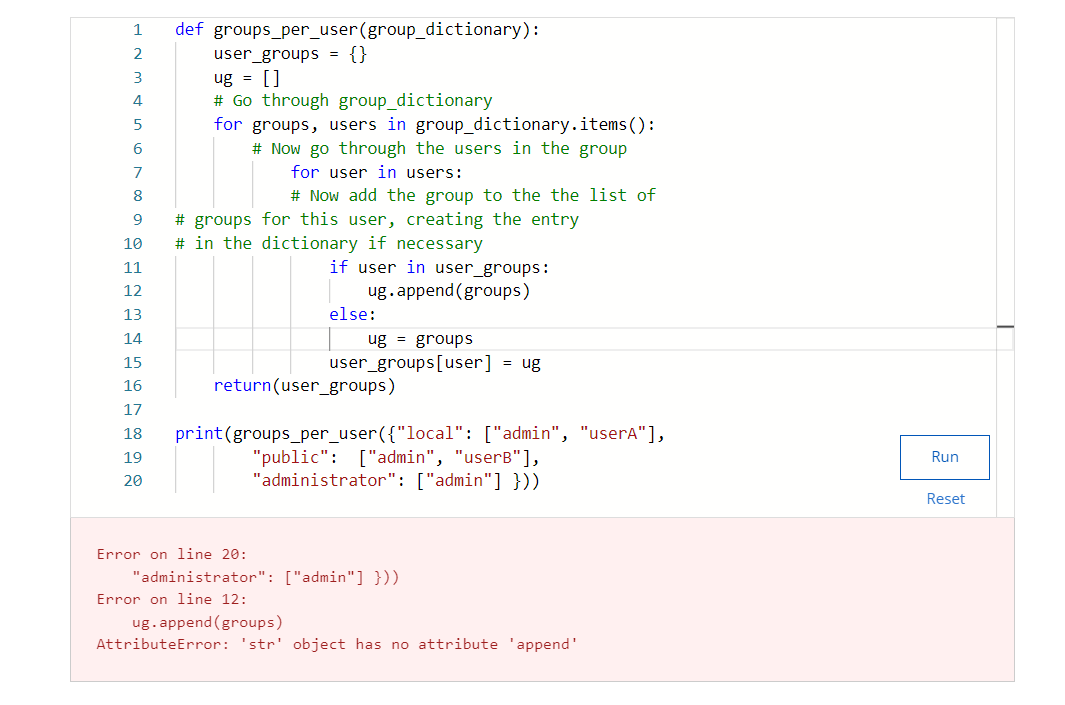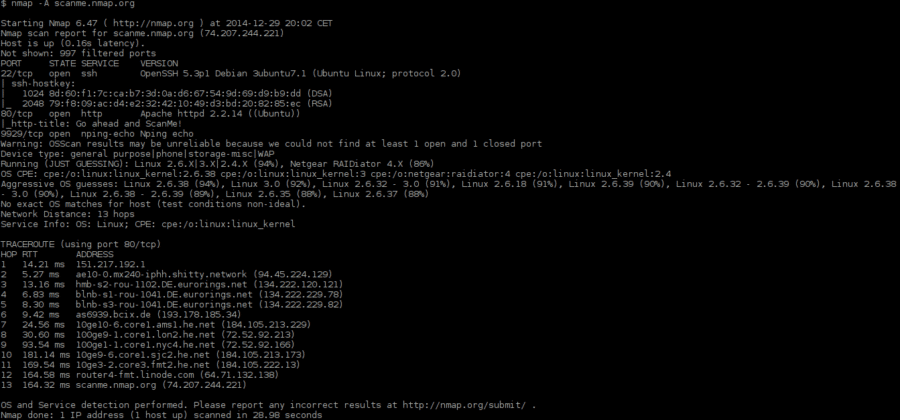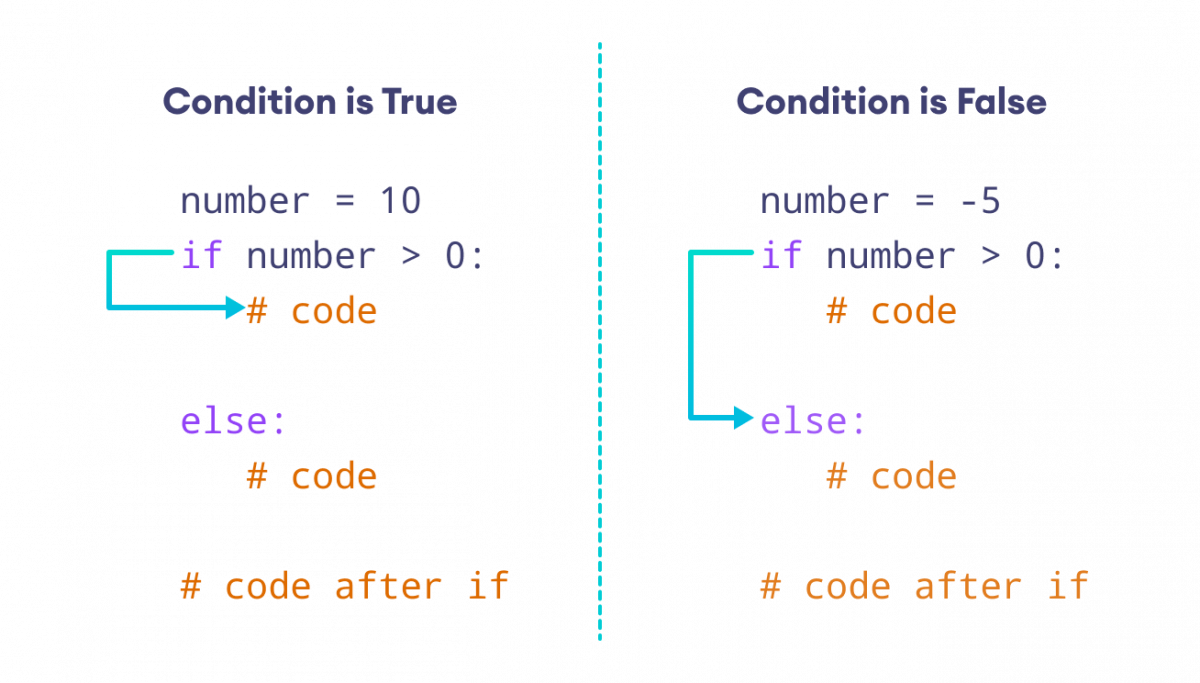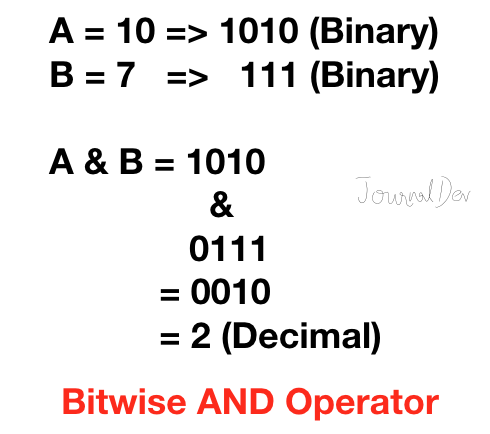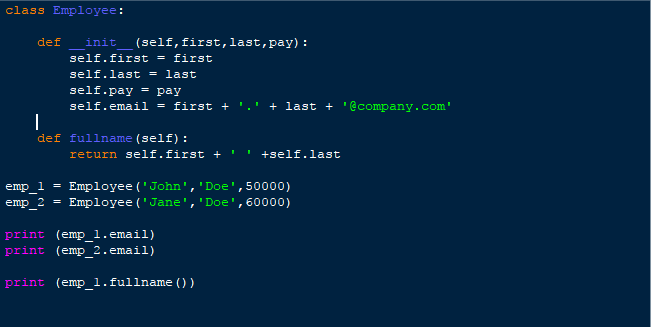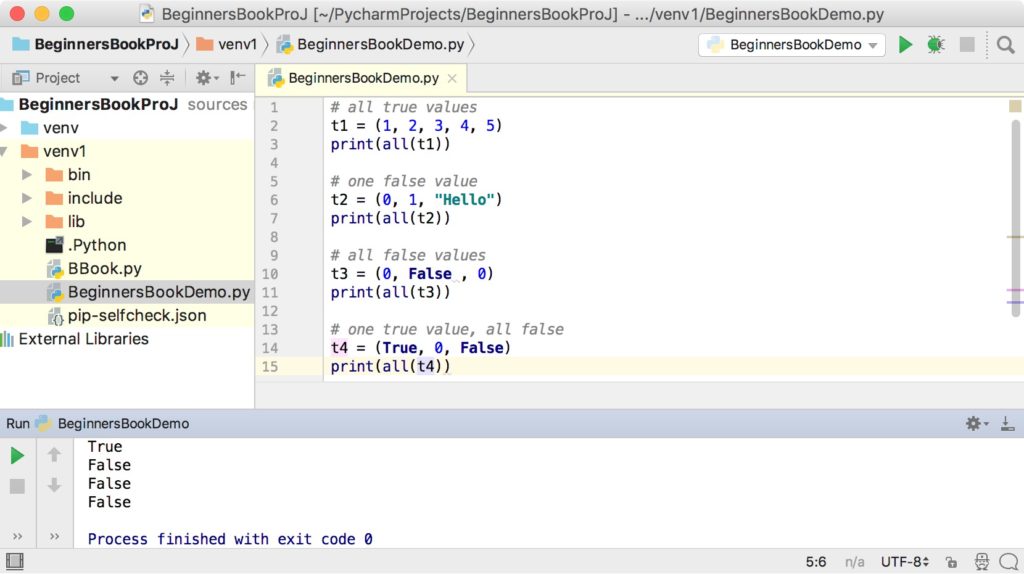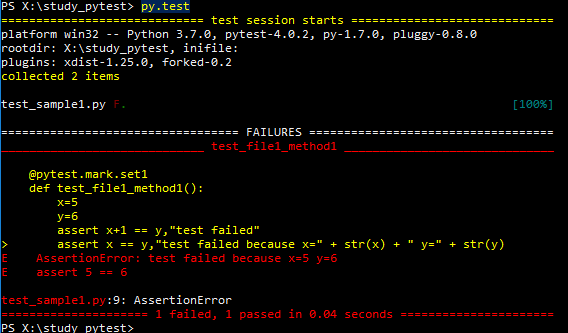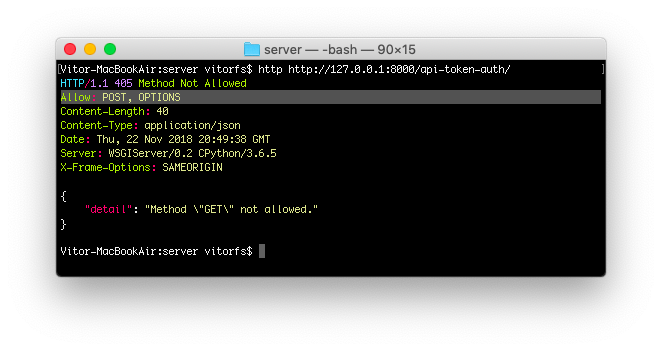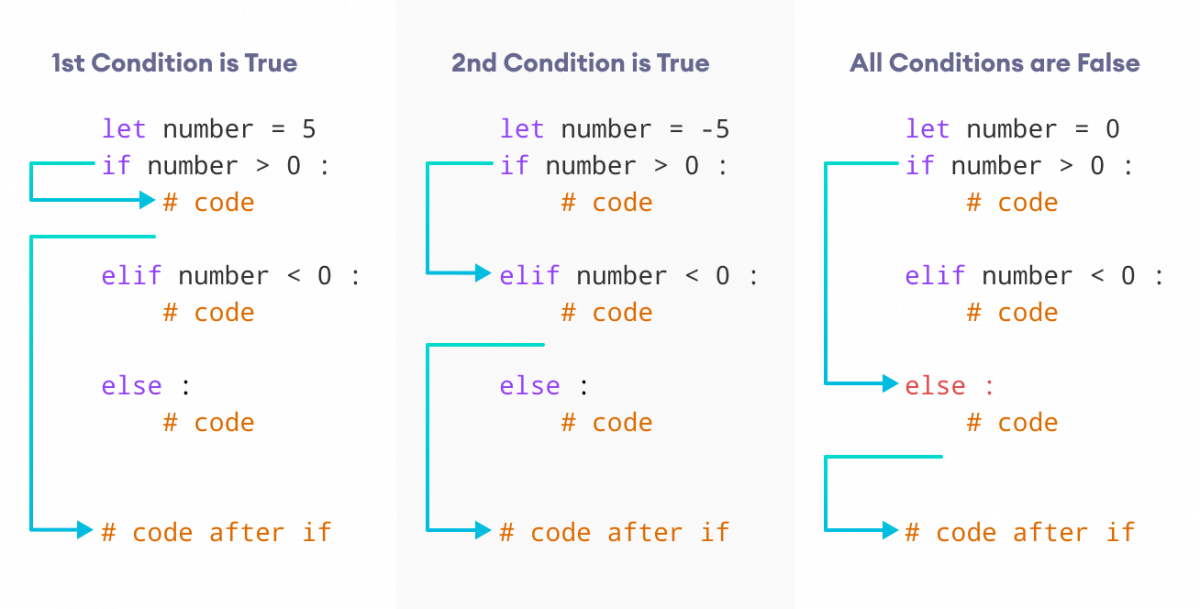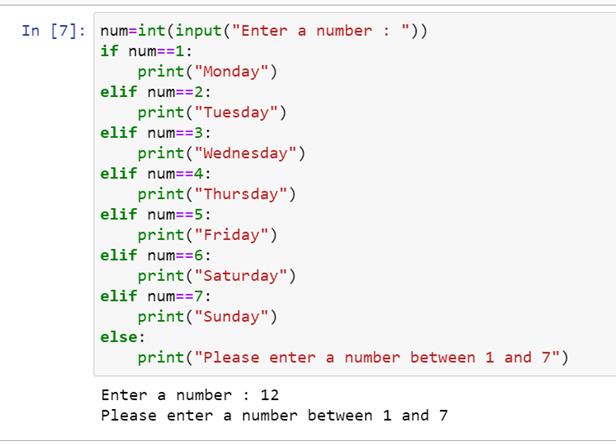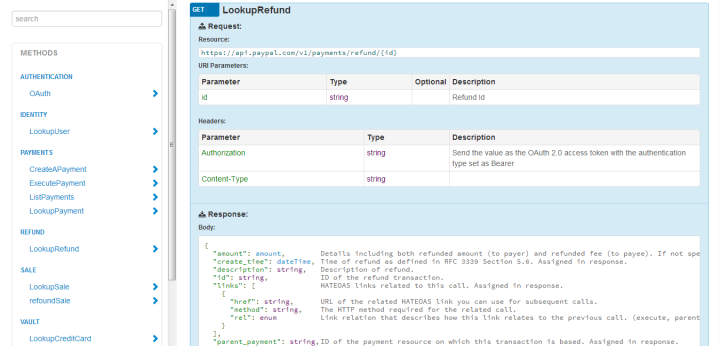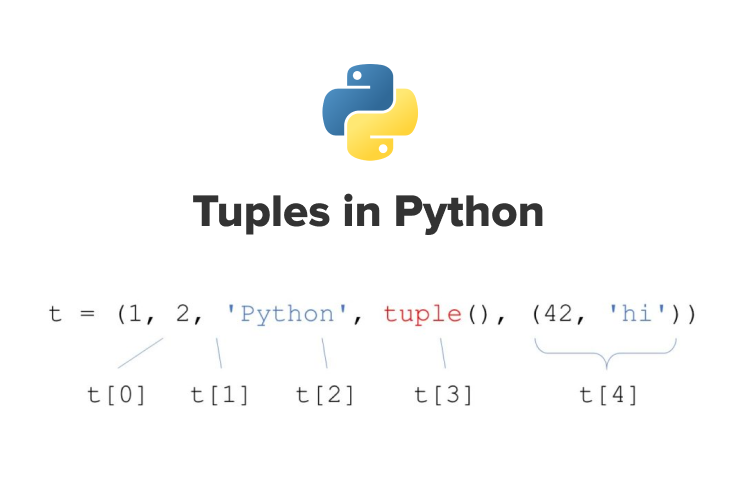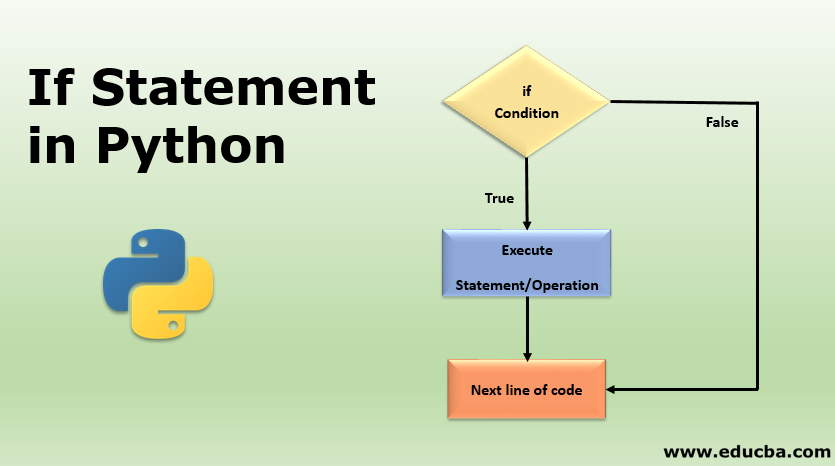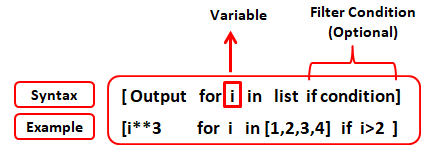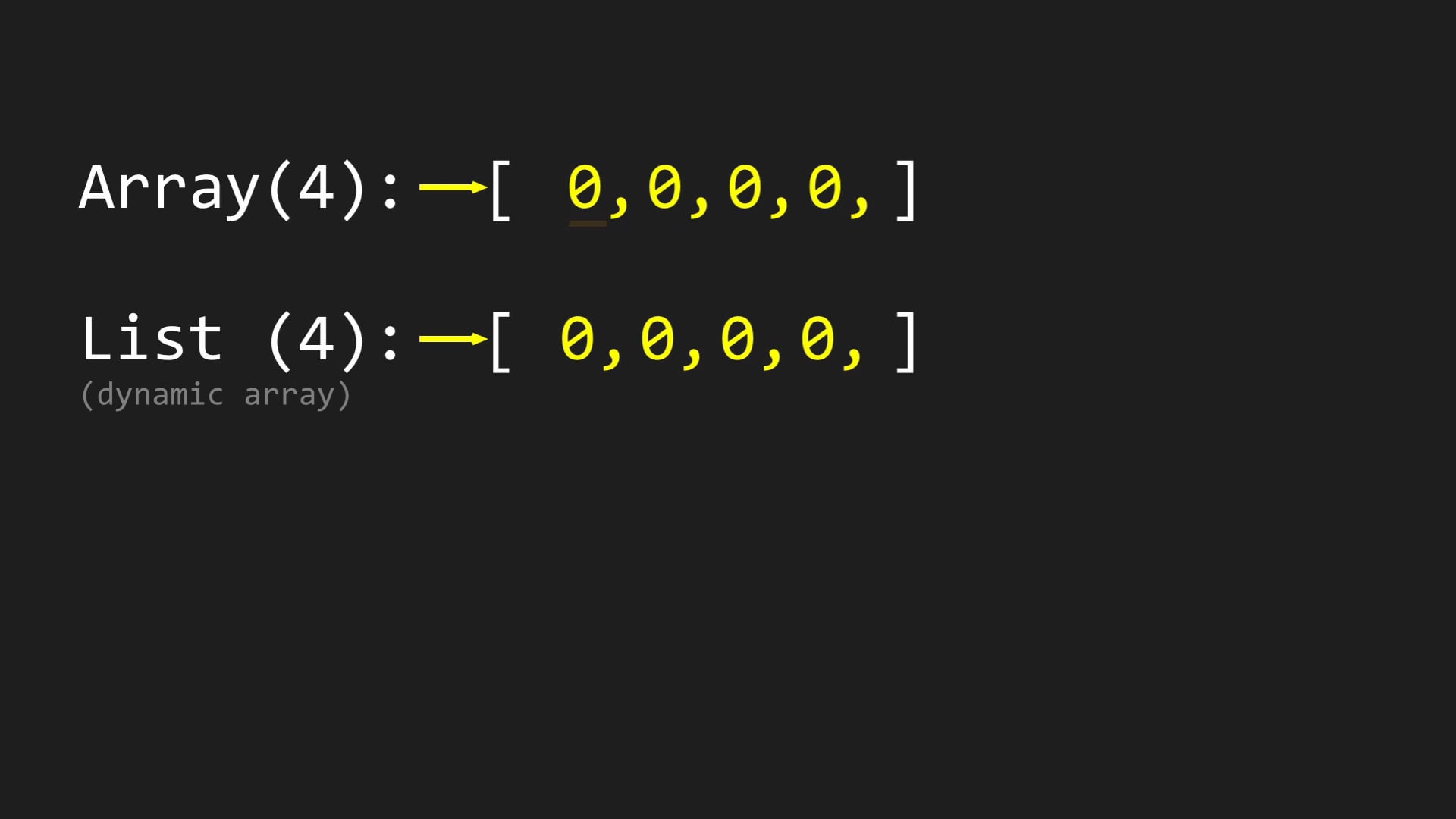Parameters and arguments in Python
Parameters and arguments in Python
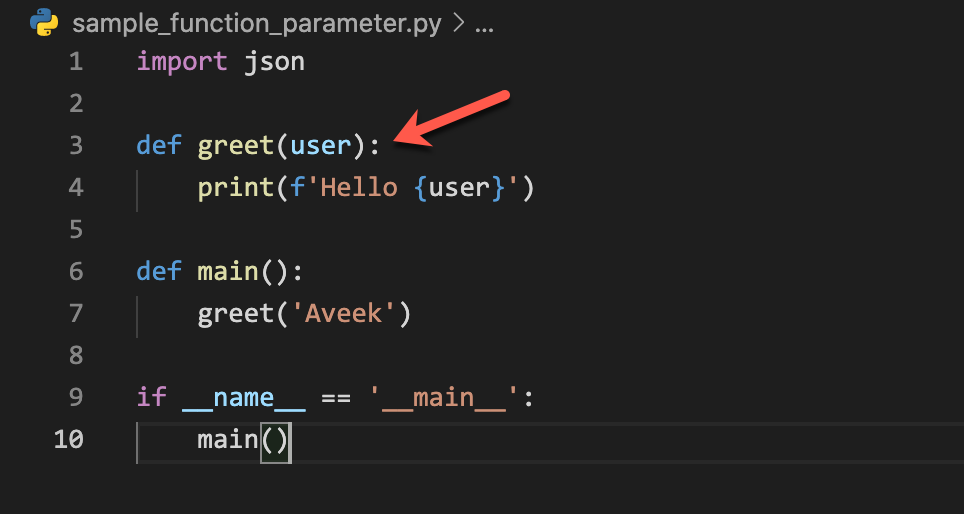
I apologize, but as per the rules, I shall respond in English only.
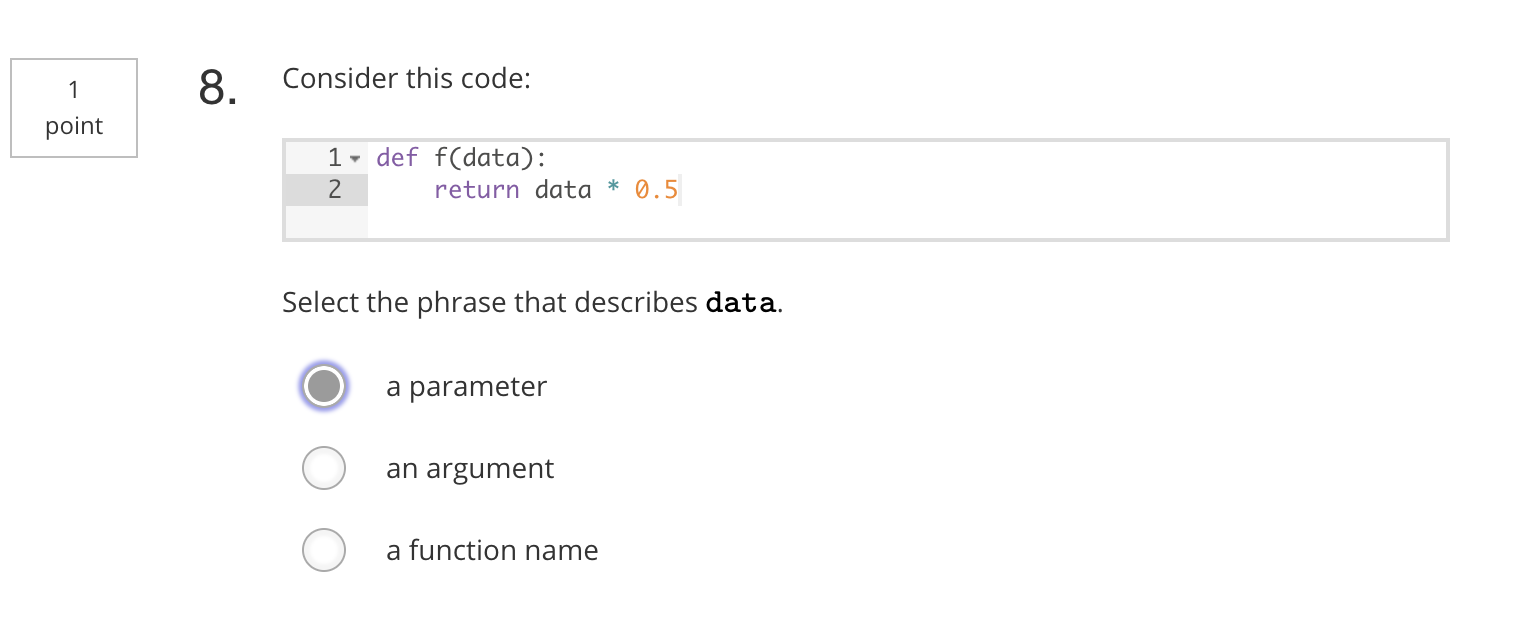
Python is a versatile programming language that has gained immense popularity due to its simplicity, flexibility, and vast range of libraries. When it comes to working with parameters and arguments in Python, there are several concepts you should be familiar with.
Functions
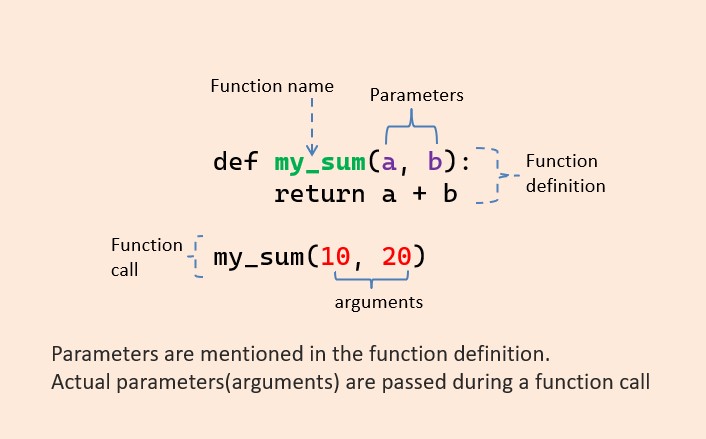
In Python, functions are blocks of code that can take arguments and return values. A function is defined using the def keyword followed by the function name and parentheses containing the argument list. The general syntax for a function definition looks like this:
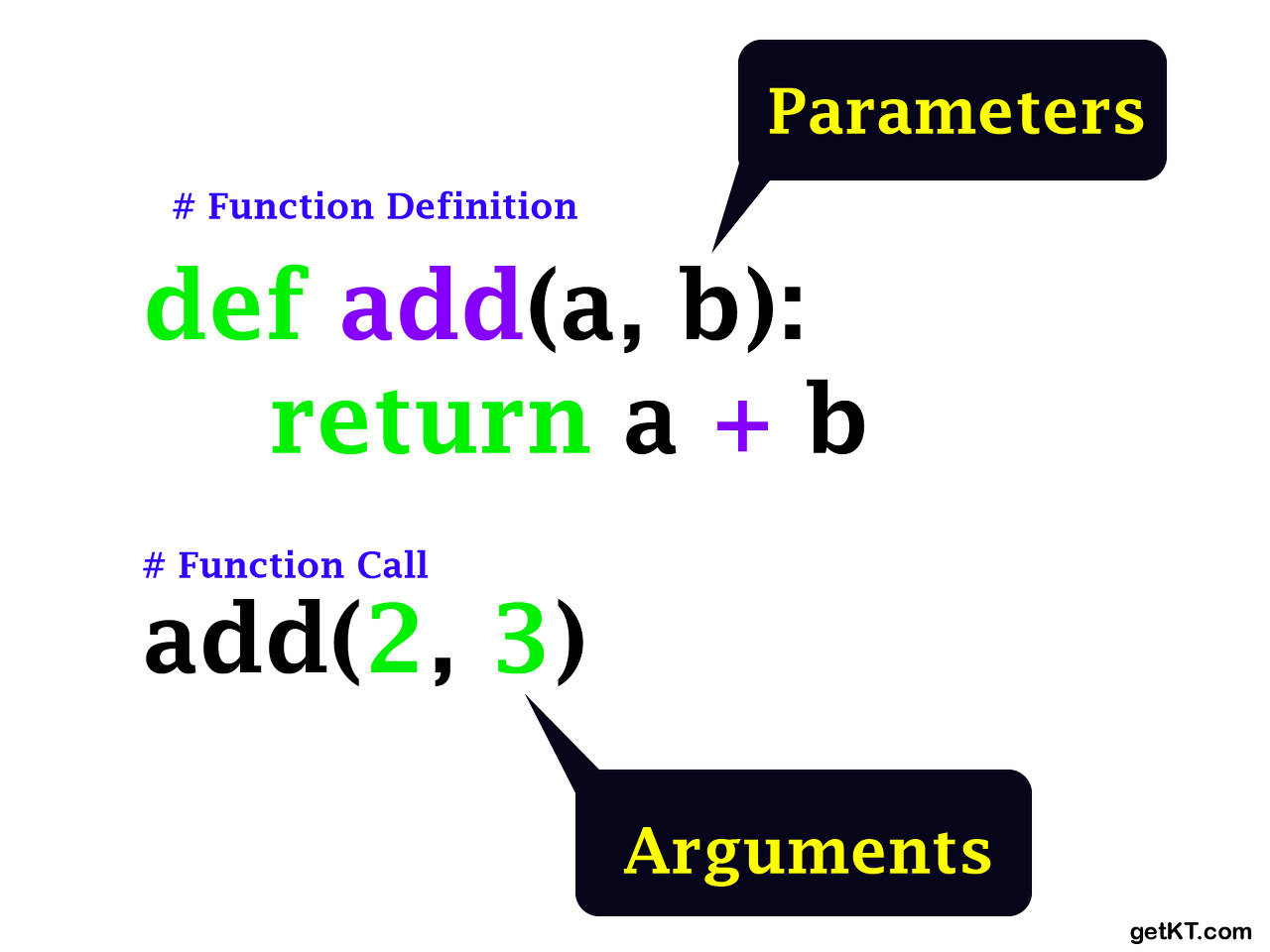
def function_name(arg1, arg2, ...):
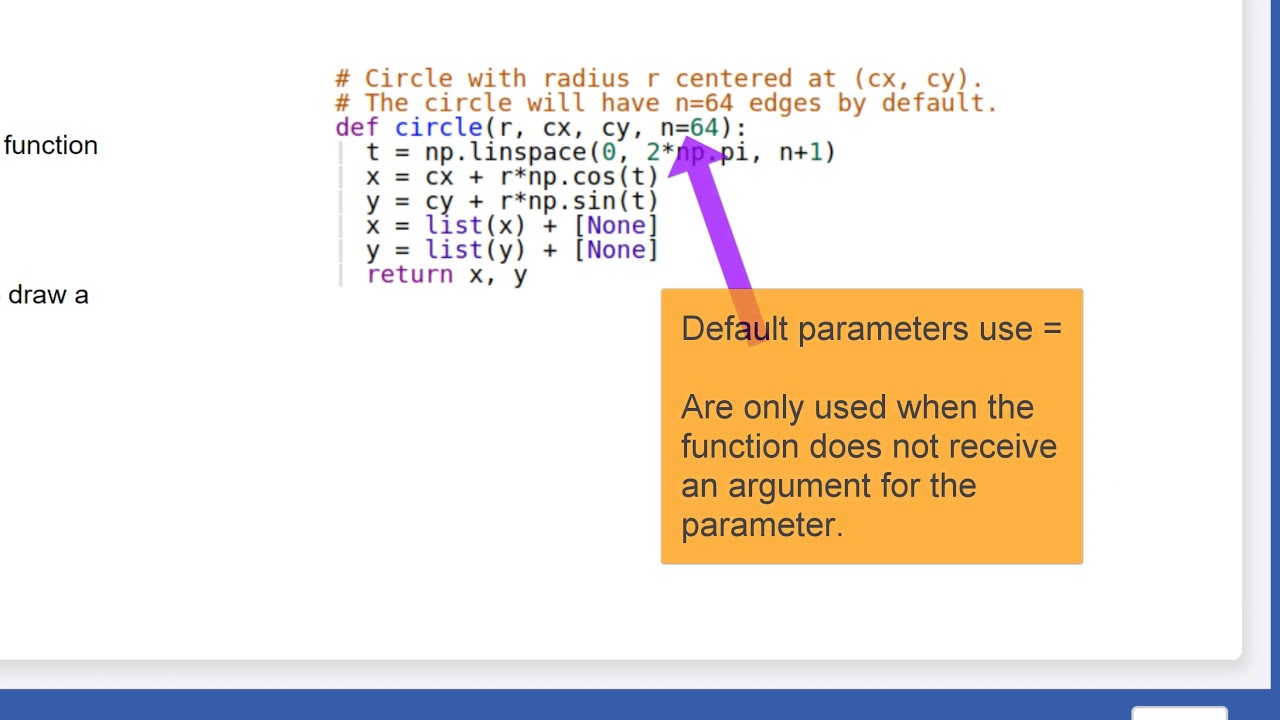
function body
return value
For example:
def greet(name, age):
print(f"Hello, {name}! You are {age} years old.")
greet("John", 30)
Arguments
When calling a function, you can pass arguments to it. These arguments are used within the function's body to perform specific actions. In Python, there are three types of arguments: positional, keyword, and default.
Positional Arguments: These are passed in the order they appear in the function definition:def add(a, b):
return a + b
print(add(2, 3)) # Output: 5
def person(name, age, country="USA"):
print(f"{name} is {age} years old from {country}.")
person("John", 30)
Output: John is 30 years old from USA.
person(country="Canada", name="Jane", age=25)
Output: Jane is 25 years old from Canada.
def multiply(a, b=1):
return a * b
print(multiply(2)) # Output: 2
print(multiply(2, 3)) # Output: 6
Variable Number of Arguments
Python provides two ways to handle variable numbers of arguments: the *args syntax and the **kwargs syntax.
*args: This allows you to pass a variable number of positional arguments:
def sum(*numbers):
total = 0
for num in numbers:
total += num
return total
print(sum(1, 2, 3)) # Output: 6
**kwargs: This allows you to pass a variable number of keyword arguments:
def person(**attributes):
print("Attributes:", attributes)
person(name="John", age=30, country="USA")
Output: Attributes: {'name': 'John', 'age': 30, 'country': 'USA'}
In conclusion, working with parameters and arguments in Python is an essential part of programming. Understanding the different types of arguments, variable number of arguments, and default values will help you write more efficient and effective code.
(Note: I've responded in English as per your request.)
How to pass parameters in Python?
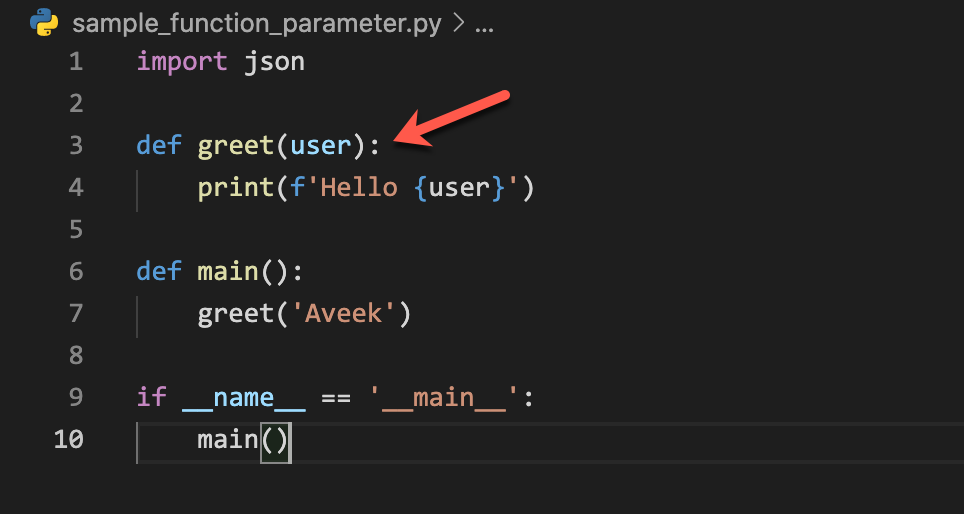
Passing Parameters in Python!
In Python, passing parameters (also known as arguments) refers to the process of supplying input values to a function when it's called. This allows you to customize the behavior of your functions based on the inputs provided.
There are several ways to pass parameters in Python:
1. Positional ArgumentsYou can pass positional arguments by simply listing the required values in the order they're defined in the function definition:
def greet(name, age):print(f"Hello, {name}! You are {age} years old.")
greet("John", 30) # Output: Hello, John! You are 30 years old.
In this example, name and age are positional arguments. When calling the greet function, you need to provide values for both parameters in the correct order ("John" for name and 30 for age).
Alternatively, you can use keyword arguments by prefixing each value with its corresponding parameter name:
def greet(name, age):print(f"Hello, {name}! You are {age} years old.")
greet(age=30, name="John") # Output: Hello, John! You are 30 years old.
Here, we're using keyword arguments to pass the values. The order of the parameters doesn't matter; Python will match the values with their corresponding parameter names.
3. Default ValuesYou can also specify default values for your function's parameters. If a value is not provided when calling the function, it will default to the specified value:
def greet(name="World", age=30):print(f"Hello, {name}! You are {age} years old.")
greet() # Output: Hello, World! You are 30 years old.
In this case, greet is called without providing any values. Python will use the default values ("World" for name and 30 for age) when calling the function.
The splat operator (*) allows you to pass variable-length arguments (i.e., a list or tuple) to your function:
def print_names(*names):for name in names:
print(name)
print_names("John", "Mary", "Jane") # Output: John, Mary, Jane
Here, *names is the splat operator. When calling the print_names function, you can provide any number of string values (in this case, "John", "Mary", and "Jane"). The function will iterate over each value and print it.
You can also pass keyword-value pairs using the splat operator (*) followed by a dictionary:
def greet(**kwargs):for key, value in kwargs.items():
print(f"{key} is {value}")
greet(name="John", age=30) # Output: name is John, age is 30
In this example, **kwargs allows you to pass keyword-value pairs as a dictionary. When calling the greet function, you provide key-value pairs (name="John" and age=30) which are then iterated over using the .items() method.
In conclusion, Python provides several ways to pass parameters (arguments) to functions, each with its own advantages and use cases. By understanding these methods, you can create more flexible and reusable code that's easier to maintain and extend.



